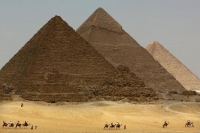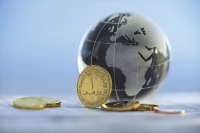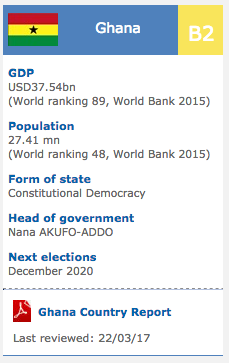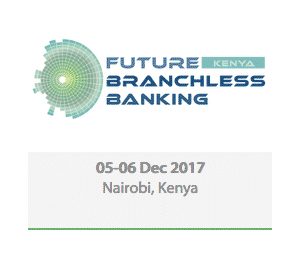Country Rating D3
|
Strengths
-
Large domestic market (83mn) and strategic position between the regional Middle Eastern and African markets.
-
Relatively diversified economy and sources of foreign currency generation: including oil and gas, tourism, Suez Canal revenues, workers’ remittances and a manufacturing base.
-
Although progress towards an IMF facility is limited, financial assistance from the U.S. and the region (particularly the GCC) remains supportive.
-
External debt repayments are relatively comfortable.
|
Weaknesses
-
Uncertain political transition. In the short-term, stability appears to have improved, but longer-term issues (see below) persist. Elements within society feel marginalised and represent future stability risks in the absence of meaningful progress in relation to inclusivity.
-
Regional uncertainties – e.g. relationship with Israel, contagion risk from Syria and Iran’s nuclear program.
-
Poverty and lack of job prospects, two underlying reasons for pressures for regime change, have not been tackled effectively.
-
The difficult and protracted political transition has slowed the rebound in economic performance, with consumption and investment (domestic and foreign) decisions still awaiting clarity of policies.
|
Economic Outlook
General Overview
Business environment switched suddenly from heavy rigidities (fixed exchange rate, high subsidies) and low liquidity to more market-based ones, but with heavy short-term costs. These reforms were necessary to rebalance the growth model. They also help the country make the most its business regulation, which is among the most favourable in the region.
Economic tectonic shifts are ongoing
In early November 2016, two long-awaited reforms were delivered. (i) The free floating of the exchange rate ended a self-defeating peg to the USD which pushed foreign exchange reserves below three months of import cover. The EGP depreciated by about -50% and the black market premium vanished immediately. (ii) Large cuts in subsidies sent the subsidized prices – which had heavily weighed on public finances – substantially up (by +30% to +47%) to more normal levels.
Such forceful measures should have two impacts. First, by increasing the pound value of imports the devaluation can cut import volumes and close the current account gap. Second, a reduction in subsidies should help reduce the massive fiscal deficit (-12% of GDP in 2016).
Risks are still there, but have changed
These measures helped to free an IMF loan package of USD12bn over 3 years. Egypt successfully returned to the bond market with a USD 4 billion issuance in January 2017. Foreign exchange reserves recovered and provide more than 7 months of import cover. This alleviated liquidity pressures and decreases the likelihood of capital controls.
Costs are straightforward. Inflation should skyrocket to +26% in 2017 (from +13% in 2016) and impact growth. We expect zero growth in 2017, the worst figure since 1967. As a result, the main risk to reform implementation is social discontent. The current unemployment rate stands at 12%.
In the longer run, growth should recover
Despite economic headwinds and security concerns, there are positive developments. The “New Suez Canal” was inaugurated in August 2015. It enables two-way traffic through a new 35-km channel running parallel to the existing 190km waterway. With pound flexibility and less subsidies, growth should be more balanced after the next recovery.

















